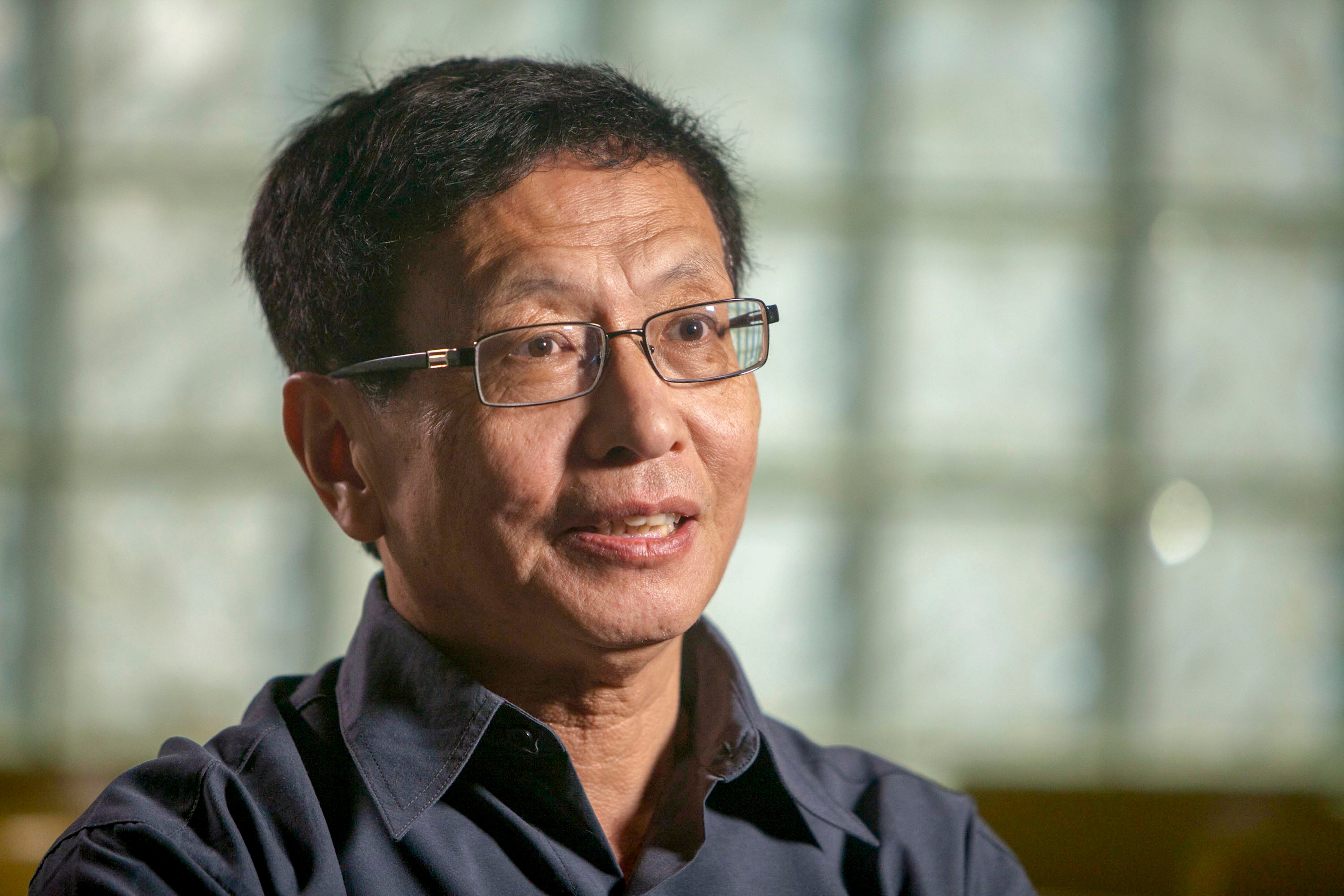Chinese-American mathematician Yitang Zhang has left the United States to join Sun Yat-sen University in southern China as a full-time professor.
The 70-year-old number theorist has been appointed to the university’s newly established Institute of Advanced Study Hong Kong and will live and work in the Greater Bay Area, the university announced at a ceremony on Friday afternoon.
While the university did not give further details about his appointment, it noted that Zhang had relocated to China with his family. Zhang spent a decade as a mathematics professor at the University of California, Santa Barbara.
He is the latest in a wave of mathematicians returning to China after decades-long careers in the United States, joining figures such as Huaxin Lin of the University of Oregon, Sun Song of the University of California, Berkeley, and the husband-and-wife team Chen Min and Shen Jie, both formerly at Purdue University.
Zhang is best known for his groundbreaking work on prime numbers. In a 2013 paper published in the Annals of Mathematics, he proved for the first time that infinitely many pairs of prime numbers are separated by a bounded gap. The result marked a major step towards solving the twin prime conjecture – a fundamental unsolved problem in mathematics – and reignited global interest in number theory.
Born in Shanghai in 1955, Zhang showed a strong talent for maths from an early age. He was unable to attend high school during the Cultural Revolution but taught himself and was admitted to Peking University in 1978.
In 1985, he went to Purdue University in the US for his PhD. After graduating in 1991, he struggled to find an academic position. To make ends meet, Zhang worked various jobs, including as an accountant, restaurant manager, and Chinese food delivery driver, and at one point lived in his car.
In 1999, he began teaching pre-algebra and calculus at the University of New Hampshire. Over the next decade, he published just one paper – until his astonishing breakthrough on bounded gaps between primes brought him worldwide acclaim.
The twin prime conjecture proposes that there are infinitely many pairs of prime numbers that differ by two. Zhang’s proof was the first to show that infinitely many prime pairs exist with a gap of less than 70 million. This marked a significant step because it established a finite upper limit for the gaps between infinitely many prime pairs, opening a path to further narrowing that distance, potentially all the way down to two.
His work earned him numerous honours, including the 2013 Ostrowski Prize, the 2014 Cole Prize, the 2014 Rolf Schock Prize, and a 2014 MacArthur Fellowship. He spent a semester at the Institute for Advanced Study in Princeton, New Jersey in 2014 before taking up a position at UC Santa Barbara the following year.
During Future Science Prize Week in Beijing in 2019, Zhang expressed admiration for the strength of China’s mathematics students. While teaching in China that summer, he was surprised to find many second-year students attending his lectures.
“Compared with students back in my time, or even those at US universities today, they were already performing at the level of first-year graduate students,” he said. “Honestly, I was a bit overwhelmed.”
He also mentioned that, like many Chinese who studied and worked in the US, he had been considering whether to return to China eventually.
In recent years, a growing number of Chinese-American researchers have left the US amid American government investigations into their ties with China.
Launched in 2024, the Sun Yat-sen University Institute of Advanced Studies Hong Kong is the first comprehensive research centre established in Hong Kong by a mainland Chinese university.
With a team of more than 100 researchers, it focuses on three core areas: biomedical sciences, applied mathematics, and interdisciplinary research in the humanities and social sciences, according to the university’s website.
